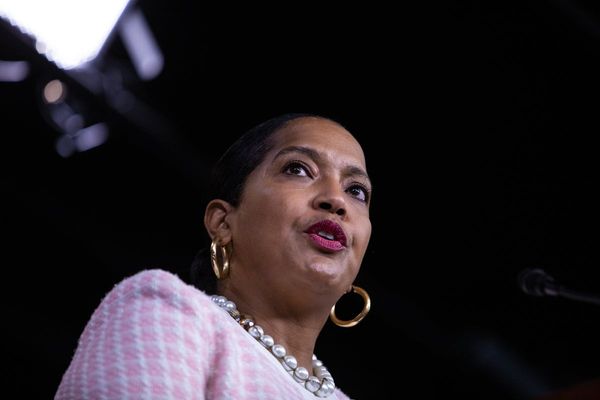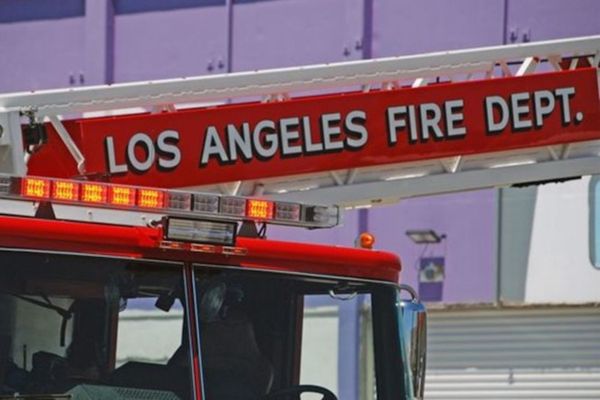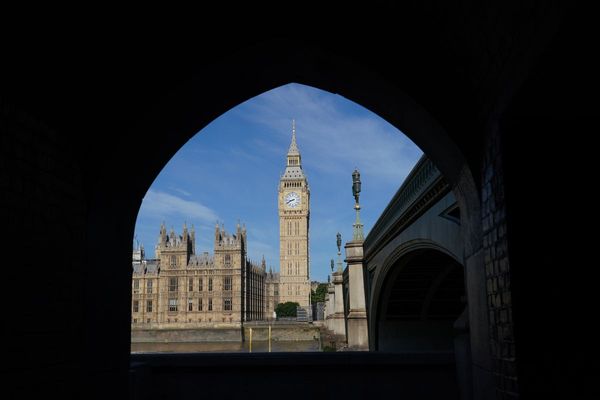
When 98% of the population is short of food, all that is left is hope. In Afghanistan there is not much of that either. On Wednesday, the Taliban abruptly reversed their decision to let girls return to secondary school; the last-minute chaos appears to reflect internal disagreements. Tears fell as pupils arrived in classrooms for the first time since the Taliban takeover last August, only for their dreams to be shattered once more.
Taliban forces are carrying out revenge killings and threatening more. They are detaining and beating journalists and closing media outlets. They are harassing, assaulting and threatening lesbian, gay, bisexual and transgender Afghans. There are growing reports of detentions, rapes and killings of minorities, rights advocates and former officials.
But Afghans’ struggle for their freedoms and rights comes alongside their struggle to survive. David Miliband, head of the International Rescue Committee, warned earlier this year that hunger could kill more Afghans than war did over the past two decades. The US economic blockade of the new regime was a devastating blow that came on top of drought, the sudden withdrawal of the foreign aid on which the country long relied and Taliban incompetence.
The easing of restrictions to allow humanitarian aid has been essential. The UK is cohosting a UN pledging conference later this month, seeking to raise $4.4bn (£3.3bn). But as the Afghanistan Analysts Network warned recently: “This is not an economic crisis that has mainly hit the poor and the vulnerable and it cannot be addressed by emergency food aid alone. At its most basic level, the economy needs its cash to flow again – salaries, bank assets, remittances – as soon as possible.”
Humanitarian relief cannot substitute for a functioning economy, and it will not last for ever. The US approach has been like offering wood to patch one or two sections of crumbling floor while bulldozing the house’s foundations. It deserves no credit for offering to deliver some of Afghanistan’s frozen assets in the form of aid (while hiving off half, pending legal action by relatives of 9/11 victims). A recent move to allow commercial and financial transactions with Afghanistan, including the transfer of money to civil servants, is more promising. But it is only a beginning.
The UK also has a moral debt. This week, a second Foreign Office whistleblower went public, saying it was “widespread knowledge” in government that Boris Johnson ordered the prioritisation of an animal charity for evacuation last summer. The prime minister has denied having anything to do with the decision for Nowzad to be allowed to evacuate staff and animals through Kabul airport. What is clear is that the government put the lives of animals, and staff whom it acknowledges were not extremely vulnerable, ahead of people known to be in severe danger. Many of those remain in Afghanistan, now at risk from hunger as well as retaliation.
Afghans and others have worked tirelessly to establish potential ways to restore liquidity without simply handing everything over to the Taliban. Finding a solution is far from straightforward. But as the new regime punishes the people, the west must not contribute to the suffering.







